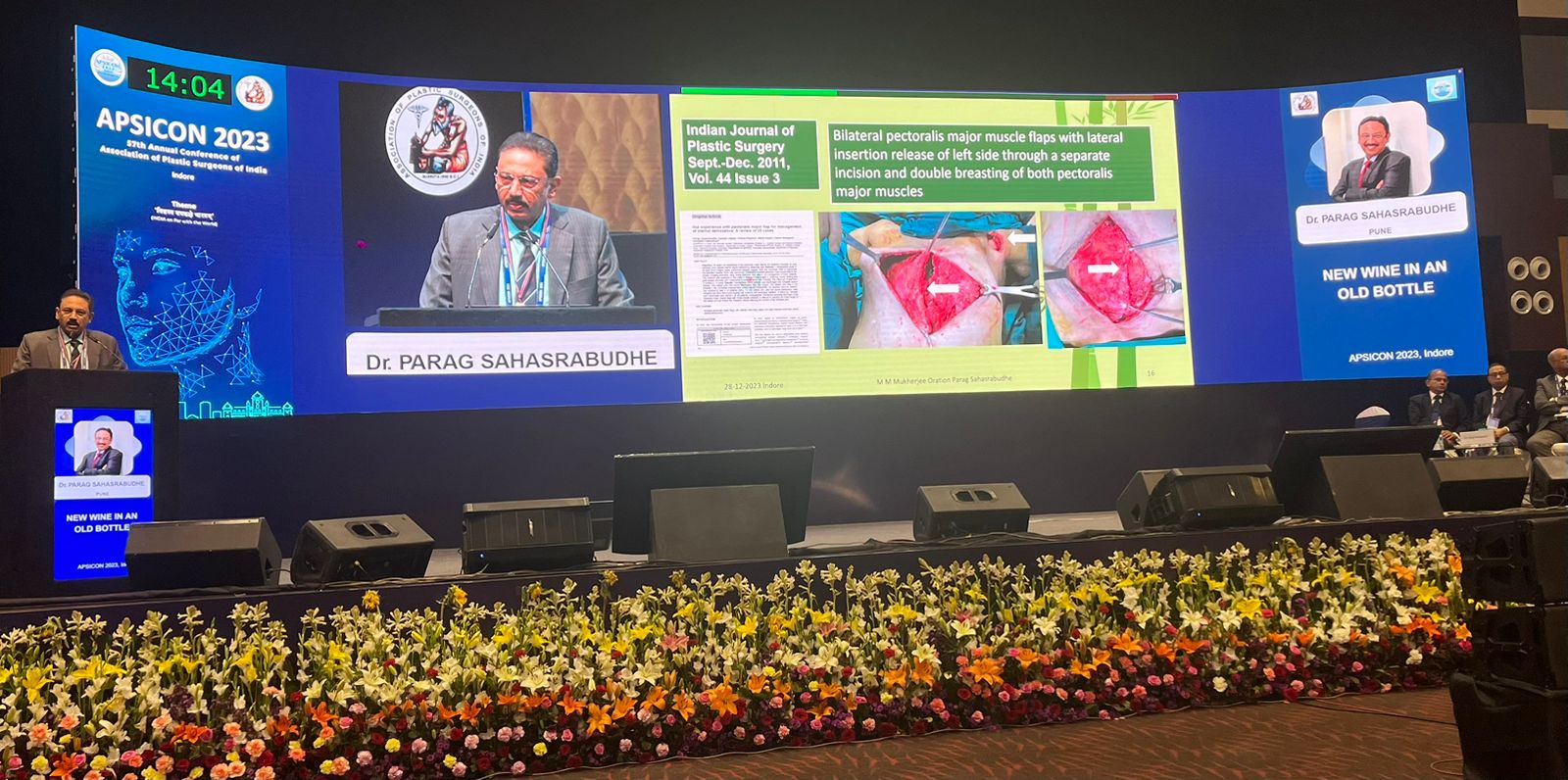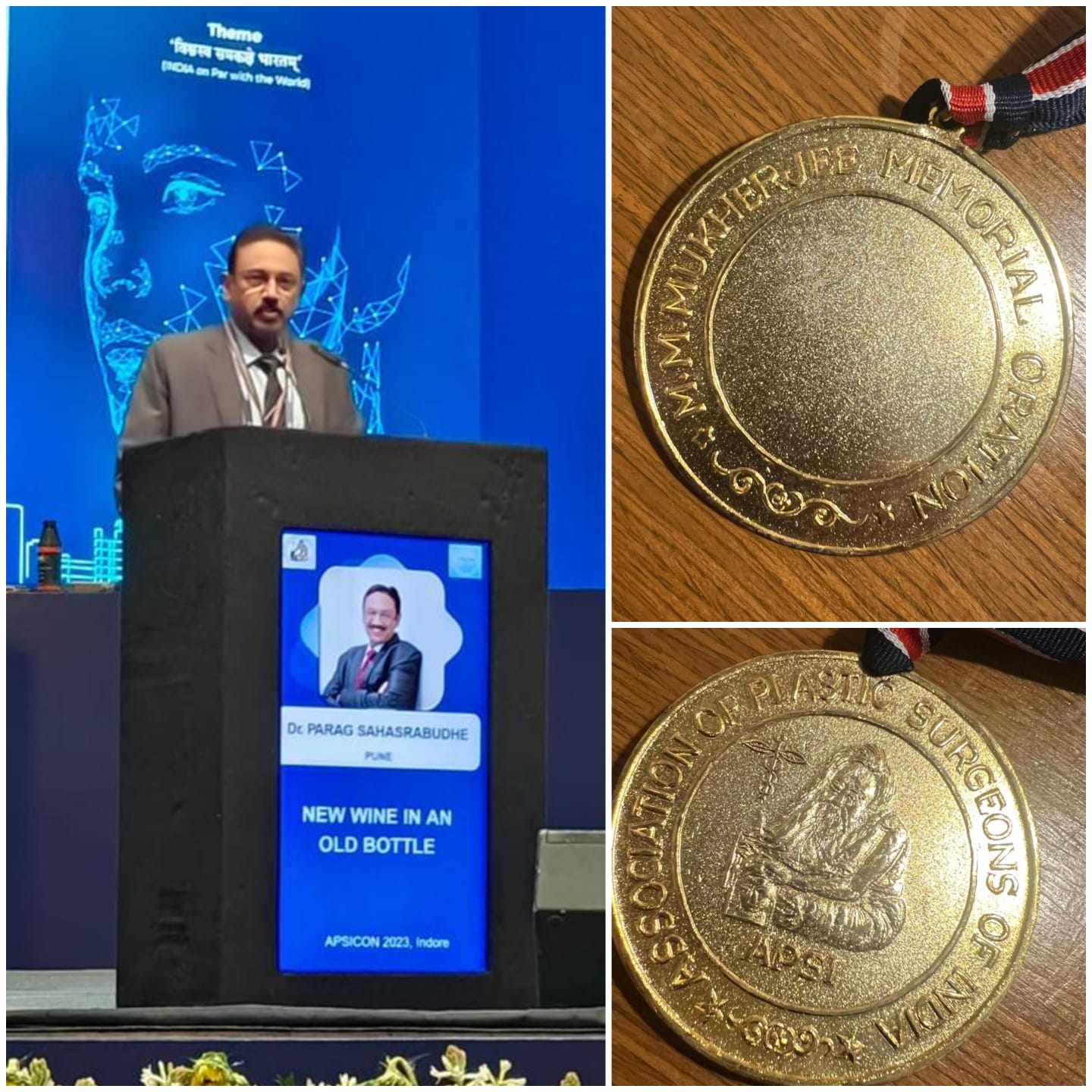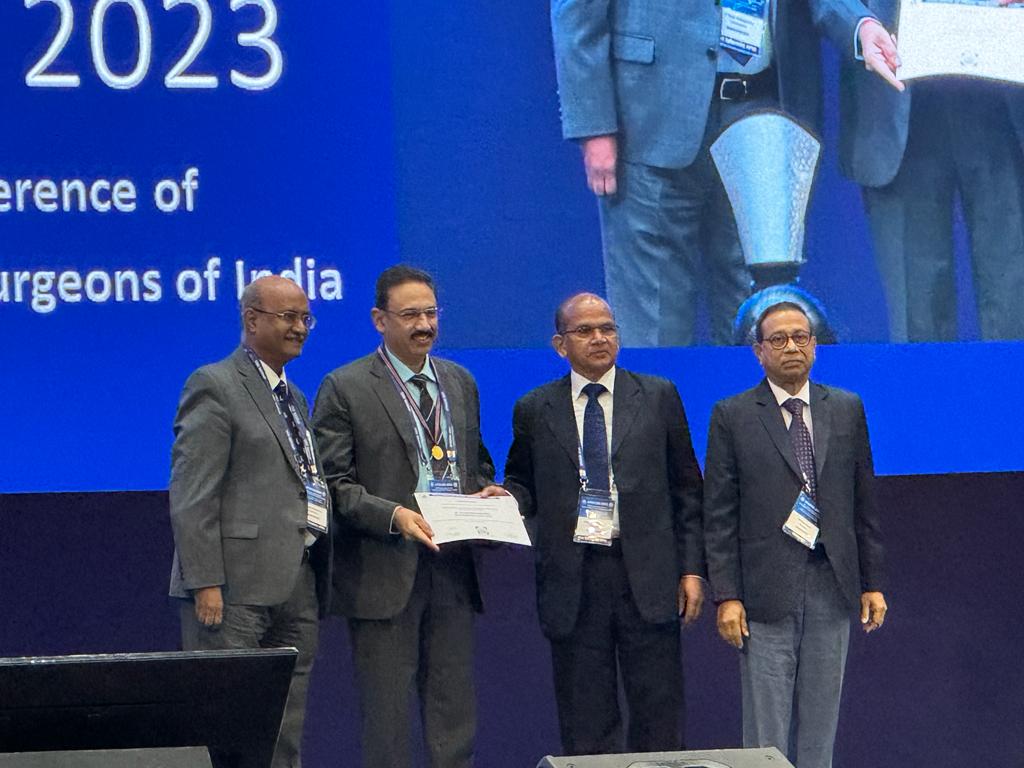Facial Skin Tightening

As we grow older skin starts wrinkling and sagging not only over the face but the entire body. Ageing, sun exposure, heredity and lifestyle factors including nutrition, alcohol consumption and smoking all may contribute to facial wrinkling.
Pigmentary changes of the skin, such as blotchiness or brown spots, may also occur with age or as a result of birth control pills, pregnancy or genetic factors. Prior acne may have made the surface of your skin uneven. These problems may be improved by skin resurfacing.
You may be a good candidate for skin resurfacing if you have one or more of the following conditions:
wrinkled or sun-damaged facial skin
vertical wrinkles around your mouth, such as those that cause lipstick "bleed"
"crow's feet" lines around your eyes and perhaps some skin laxity in your lower eyelid area
fine wrinkling of your upper eyelids
brown spots or blotchy skin coloring
certain precancerous skin growths
acne or chicken pox scars
superficial facial scars from a past injury
Patients may have their skin resurfaced at almost any age. You may have certain characteristics that make you a better candidate for one technique rather than another. The amount of time you can allow for recovery also may be an important factor in selecting a particular resurfacing method or determining the extent of treatment. All resurfacing techniques can be performed to varying depths.
A more superficial treatment will require less healing time, but you may need to have the procedure repeated more than once to achieve the same results as a deeper treatment. If you are having aesthetic (cosmetic) surgery, such as a facelift or eyelid surgery, you may be able to have a skin resurfacing procedure performed at the same time.
Laser resurfacing :
Skin resurfacing with laser can be of two types.
Ablative - using a carbon dioxide (CO2) .Its effects are similar to those of chemical peels and dermabrasion, except that the laser removes skin layers by vaporization rather than with chemicals or a sanding device. This however requires anaesthesia and hospitalization.
Non-Ablative - 1320 Nd Yag, 1540 Er Glass. These are newer generation lasers used for photorejuvenation. They are done on office basis and do not require anaesthesia. Use of fractional lens minimizes superfacial skin damage but allows laser beam to penetrate deeper so as to produce excellent results.
Like the other resurfacing methods, the laser is effective in treating wrinkles, blotchiness or age spots, and scars from acne or other causes. It can be used on the entire face or specific areas. Certain other characteristics of your skin, such as its thickness and texture, may influence whether you are a good candidate for laser resurfacing. Some patients may benefit from the laser's mild "tightening" effect on the skin, particularly in the lower eyelid area where the skin often becomes somewhat loose as a result of ageing. The laser beam is directed to water content in the skin. It heats up the skin thus remoulding collagen fibers leading to skin tightening and non surgical face lift.
Risks :
Skin resurfacing procedures are generally safe when performed by an experienced plastic surgeon. The various resurfacing techniques discussed above have similar types of risks, although there are some differences, some individuals have a tendency to form raised or thickened scars, and this may be unpredictable. Medications are available to treat such complications, but in rare cases some degree of scarring may be permanent.
Following all resurfacing treatments, it is important that you avoid direct or indirect exposure to the sun until all the redness or pinkness of your skin has subsided. Even after that, it is advisable for you to protect your skin by regular use of a sunblock and, whenever possible, a wide-brimmed hat. After some types of skin resurfacing treatments, you may need to be careful about exposing your skin to chlorinated water.
You can minimize certain risks and help to maintain the results of your skin resurfacing treatment by following the instructions of your plastic surgeon.
Quick Enquiry
Contact Us
5 Shree Dhanalaxmi Society,
Off Senapati Bapat Road,
Near Symbiosis College,
Shivajinagar, Pune 411016.





